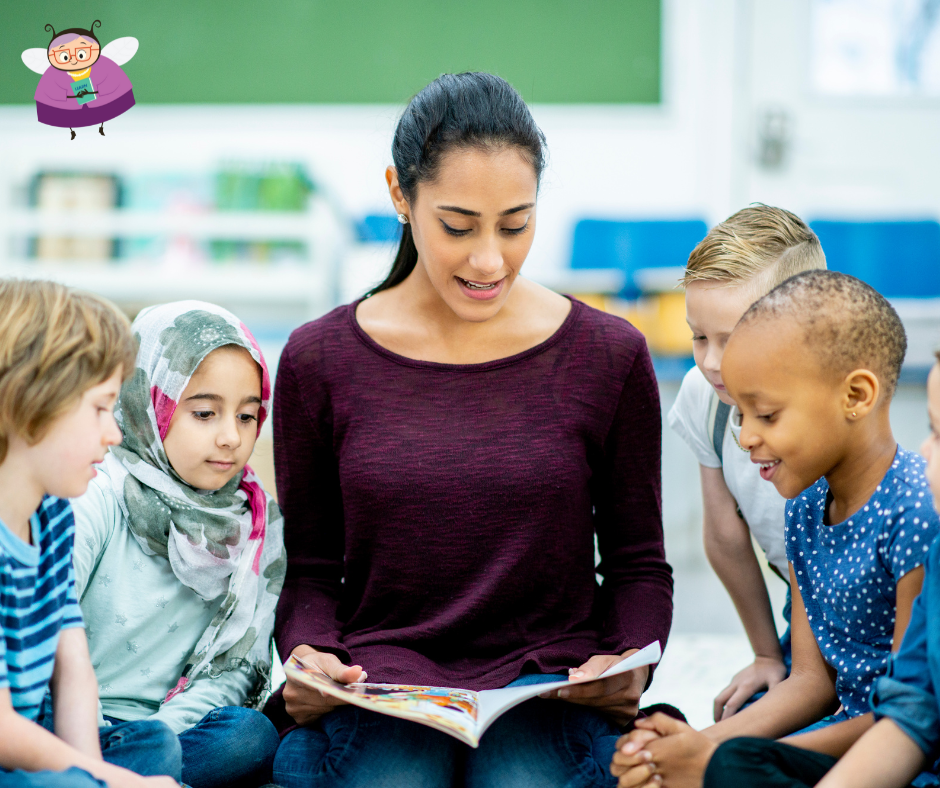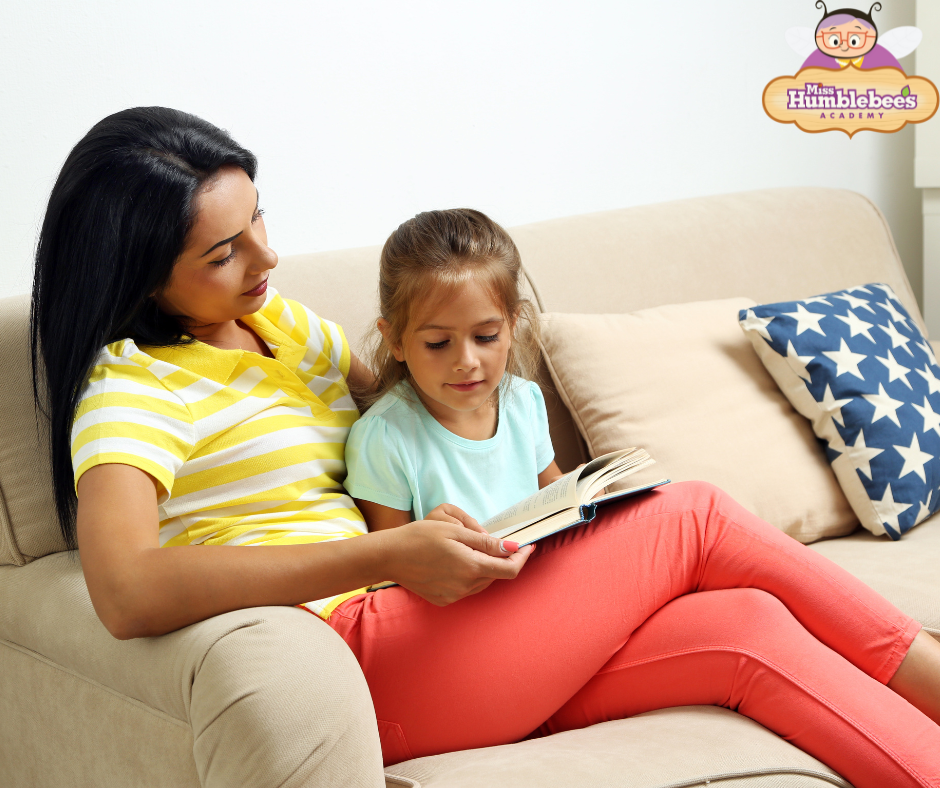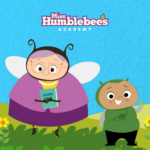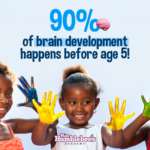
If you hadn’t heard, reading is important. Reading ability and academic success are often linked, but the importance of reading is not merely academically focused. Other ways reading is beneficial for us include:
- Improved focus
- Increased empathy
- Improved communication
- Reduced stress
- Improved memory
With even more benefits from our literacy skills than mentioned in this short list, teaching our children to read is invaluable.
Reading is an essential skill for all children to develop, and it is also one of the most cognitively complex skills that children learn.
Different Learning Speeds
Young children learn to read at different speeds and through different kinds of instruction. Just as every child is unique, every child will have their own learning path and process. As caregivers, we hear this, but external sources can impede our ability to truly internalize it. We may hear others say:
“My daughter was already reading several words by age 3!”
or
“My kids are all reading two levels above their age!”
These are great accomplishments, and very realistic for some children, but not for every child. Many caregivers foster and help to build these skills through incredible diligence and consistency, but not all caregivers will see the same results because other factors can be at play, as well.

Early Reading: Innate or Learned?
In the Journal of Educational Psychology, Dr. Nancy Jackson states:
Some children may begin reading at an exceptionally early age because they are especially adept at breaking the code of print.
Often, ability is both innate and learned—so one child reading better than another at an early age does not mean that will always be the case.
Still, knowing all of this to be true, it may be hard to silence the questions of where your children’s skills lie alongside those of their peers. Comparison is thought to be an intrinsic form of evaluation even when we do our best to avoid it. Then, when we do compare a child’s skill level to another, other people may assert the insensibility of such comparison. I think, however, that caregivers seldom are actually comparing the skills of their children against those of another, but rather caregivers are comparing themselves to other caregivers.
I personally know many parents and grandparents who have communicated that they feel they aren’t doing enough to teach their children to read because their children are “behind” their peers. These same parents and grandparents are people who I know spend substantial time encouraging their learners on their reading journeys through both instruction and play
Fostering Reading Skills.
Whether your young children are reading well beyond their age-appropriate level or seem to be falling behind, you can foster your child’s reading in some very important ways.
Read with Them
Life is chaotic and crazy, but fitting in a few different times per day dedicated to reading will not only provide some wonderful bonding time, but it will also help their brains develop and their reading skills improve. Reread the same books over and over, but also add in some new ones.
I like to have a few each day that are our “repeated” books so that my kids are able to learn through that repetition, but then we all get to pick a new one (or two or three) to read together as well. Sometimes I help them with the literal “reading” of the books by moving my finger along with the words and helping them sound letters out. Other times, we make up our own stories based on the pictures we see.
Rhyming books are also great for young learners—after they hear a story a few times, you can pause and let them fill in the missing words. Ask them questions about the story, or have them retell certain parts.
As they’ve grown, my kids and I now even have a quiet reading time. I grab a book I love, and I ask my kids to do the same. They may not be able to read their book the way I read mine, but we sit together quietly exploring the world of literature together.
Be a Role Model
I heard something a while ago that really resonated with me—let your kids catch you doing what you want them to do. It’s old news that children emulate things they see. If I want my kids to clean up after themselves without fuss, I make sure they see me cleaning without fuss. Similarly, because I want them to love reading and choose it over other activities at times, I intentionally let them catch me reading.

Often when they awake from a nap, I am already preparing a snack for them, feeding our dogs, or doing some other chore. Every once in a while, though, I make sure to be in my room, peacefully reading. They open the door and seem so surprised that I’ve let time slip away just from being so immersed in a book.
Use Their Interests
We’ve all heard it, but it is so true: make reading fun! Kids will more likely love books if books are about things they love! My kids love anything involving anthropomorphism, but especially when it’s an object instead of an animal. A story that has a pencil that speaks? It’s the funniest thing they’ve ever heard. A balloon that’s afraid of heights? They will literally fall back with laughter.
We read other books all the time, but whenever I can find those objects acting like humans, I grab on tight. I honestly think they now enjoy reading books just to see if there will be a surprise visit from some kitchenware that loves to hike.
Phonics-based Literacy Instruction
Another important way to make sure your learners are enjoying reading and reading effectively is to implement phonics-based literacy instruction. If you are unfamiliar with that method, we have a helpful blog discussing its necessity. Essentially, though, teaching letter-sound relationships is crucial for fostering strong life-long readers.
Take Heart
Wherever your child or learner may be in their learning-to-read journey, take heart knowing that all children develop differently and at different speeds. So long as we, as caregivers, do our best to foster their literacy development and encourage an appreciation for reading, we can have faith that our kiddos will reach the milestones needed for them to be effective and skilled readers.
Work Cited:
Mills, J. R., & Jackson, N. E. (1990). Predictive significance of early giftedness: The case of precocious reading. Journal of Educational Psychology, 82, 410-419.










